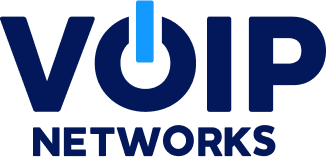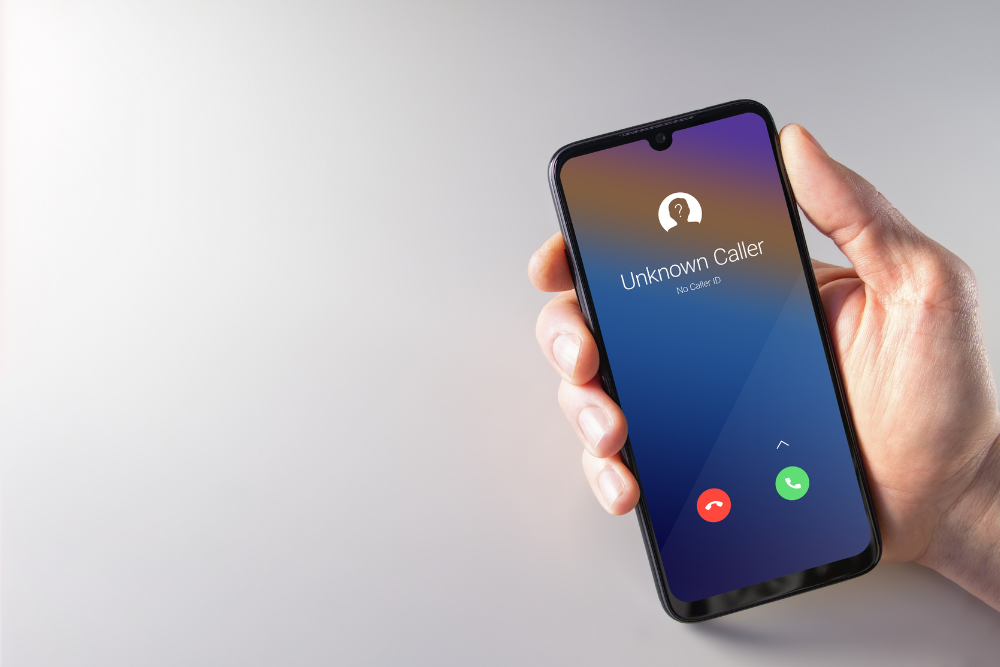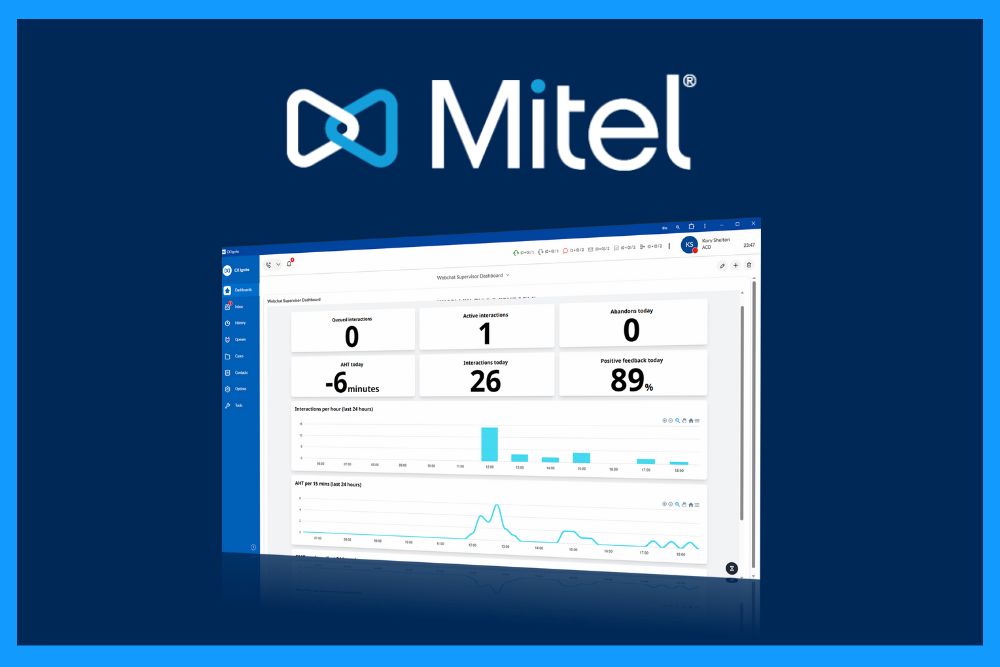How many spam calls does your mobile phone receive every week? How often do you let unknown callers go straight to voicemail? The epidemic of spam, fraud, and robocalls has made consumers more and more reluctant to answer the phone. To make matters worse, scammers now routinely spoof the phone numbers of legitimate organizations.
Consumers are so desperate to block this flurry of attempted fraud, spam, and robocalls that a whole new industry has emerged—phone apps designed to screen calls. The unfortunate side effect, however, is that legitimate organizations, such as medical offices, finance organizations, and insurance companies are often unfairly tagged as spammers.
Healthcare providers, for example, have a critical stake in making sure their outbound calls go through. Those facilities must be able to reach their patients to discuss appointments or deliver medications and test results. But if their calls are mislabeled as spam, the calls will likely be ignored or blocked.
Business Costs of Robocalls
For decades, organizations have relied on phone calls to reach out to their customers and clients. Research shows that customers still overwhelmingly prefer phone calls, especially for complex or sensitive issues, but their aversion to spam and robocalls is significantly stronger. Today, enterprises are finding the effectiveness of voice-based strategies drastically reduced. The recipients of the calls simply are not picking up. Even a one percent drop in answered calls can dramatically decrease revenues.
Two recent industry surveys highlight how widespread the problem has become:
- 63% of enterprises say phone calls are critical to meeting their customer service goals.
- 24% of all organization calls are mislabeled and tagged as spam.
- 97% of survey respondents say they have lost revenue in the last six months due to call blocking and tagging.
Third-Party Authentication
The rise of call-screening apps has created the need for enterprises to prove that their calls are legitimate. The solution is third-party verification, which authenticates the identity of callers and plugs seamlessly into voice carrier systems.
Neustar is a leader in third-party identity verification, employing global experts in cybersecurity. With Neustar’s services overlaid on a voice communications platform like Cloud9 by VOIP Networks, it sends a secure handshake to a recipient’s phone, bypassing call-screener apps.
The Neustar system uses a suite of handshaking protocols that comply with STIR/SHAKEN standards, which verify and authenticate the caller, eliminating the possibility that a caller ID has been spoofed. The STIR side addresses VoIP calls, standing for Secure Telephony Identity Revisited, and the SHAKEN side (Signature-based Handling of Asserted information using toKENs) protects landline telephone systems.
Neustar’s services include two major features: Branded Call Displays and Caller Name Optimization.
Caller Name Organization (CNO) works by designating verified business numbers for all of an organization’s outbound calls, ensuring that they are not blocked, tagged as spam, or otherwise mislabeled. Inbound-only numbers are protected from being used by scam artists to spoof legitimate numbers.
Branded Call Displays (BCD) attach an organization’s branding to a call, so that a logo, for example, appears on an incoming call, providing immediate identification. Not all carriers and smartphone software support this feature today, however.
Respondents of the above survey say that Caller Name Optimization reduces or eliminates call blocking and tagging by 89%, increasing efficiency in several areas:
- Improved results in first-call resolution
- Reduced number of missed calls
- Reduced time spent trying to connect with customers
Without this kind of enhanced caller verification, carriers like AT&T, Verizon, etc., may not be able to authenticate a caller. A call may show up on a recipient’s Caller ID as “Potential Spam,” which usually results in immediate blocks or hang-ups.
With current call-blocking rates, voice-based retailers that do not use this kind of service are particularly hampered.
The Right Partner Makes It Easy
Authentication systems like Neustar’s are not available to the general public. Only certain voice-based carriers can implement this verification overlay. In our commitment to provide customers with the highest level of support, VOIP Networks partners with Neustar to offer this service, and we make implementation easy.
VOIP Networks customers who want to ensure their phone calls get through can take advantage of our 24/7 white-glove support. Our U.S.-based engineers and professionals will make quoting, installation, enhanced caller verification and project management seamless, taking care of all the work, and driving scammers, spammers, and robocallers closer to out-of-business.
With more than 35 years of communications expertise, VOIP Networks designs, installs, and manages multi-instance systems to provide the highest quality and reliability, and now we can help your organization rise above the waves of spam, fraud, and robocalls. For more information on enhanced caller verification, or to discuss your communication needs, please contact us.






